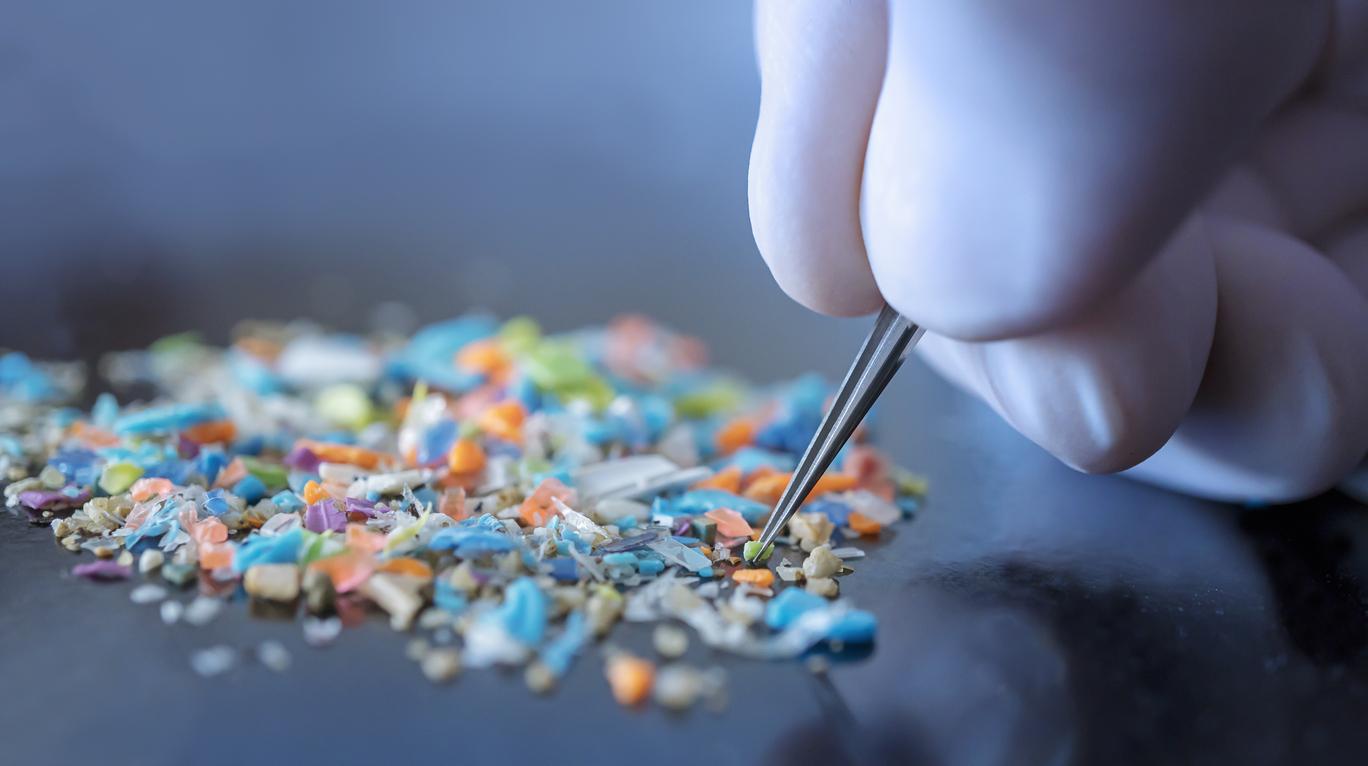Less than one case per 100,000 men is diagnosed each year in developed countries.

- Penile cancer is a rare cancer: in 2018, less than 500 new cases were identified in France.
- A research team is launching a major study on this disease for the first time.
- So far, they have recruited 100 participants.
It’s a rare cancer that we don’t talk about much: cancer of the penis. According Public health France, 449 new cases were diagnosed in 2018. This low incidence has resulted in a small number of scientific researches being carried out on this disease. A team from the International Rare Cancers Initiative wants to remedy this. Thursday, May 11, its members announced that they had launched a clinical trial on penile cancer.
Penile cancer: 100 patients recruited for the largest study ever
“Less than one case per 100,000 men is diagnosed each year in developed countries like the US and UK“, add the authors in a communicated. “This rarity means that far fewer clinical trials have been developed to guide its treatment, and in most cases only a small number of patients have been included.” For this new research, dubbed the International Penile Advanced Cancer Trial (InPACT), they have just recruited the 100th participant. “This is a historic achievement, the largest number of patients ever enrolled in a single prospective clinical study for this disease.”, they congratulate each other. But the scientists do not intend to stop there, they want to recruit 200 participants so that the results of this study can “forever changing the way this disease is treated“.
How is penile cancer treated?
Today, treatment for penile cancer usually involves surgery to remove the tumour. “However, laser or radiotherapy treatments can sometimes be used in cases of small cancer.indicates the University Hospital of Reims. The precise type of treatment that will be used often depends on the extent of the cancer.” The more extensive the cancer, the more difficult it will be to preserve the length of the penis in its entirety. Chemotherapy can also be prescribed either orally or locally. According to Santé Publique France, the 5-year net survival is 79% for 50-year-old men with penile cancer, and 60% for those aged 80. Generally, the disease is diagnosed between the ages of 60 and 70.
Penile cancer: knowing how to spot it to increase the chances of recovery
As with all cancers, the earlier the diagnosis is made, the greater the chances of recovery. While some men have no symptoms of penile cancer, others may be alerted by certain signs. The Reims University Hospital cites: a change in the skin of the penis, lesions similar to warts, scabs, thickening of the penis, persistent and malodorous discharge or even swelling of the glands in the folds of the groin. “Some men, finding this embarrassing, avoid talking about these symptoms to their doctor, notes the Reims University Hospital. (…) Although they are not always a sign of penile cancer, it is important to report any changes in your penis to your doctor..”

















